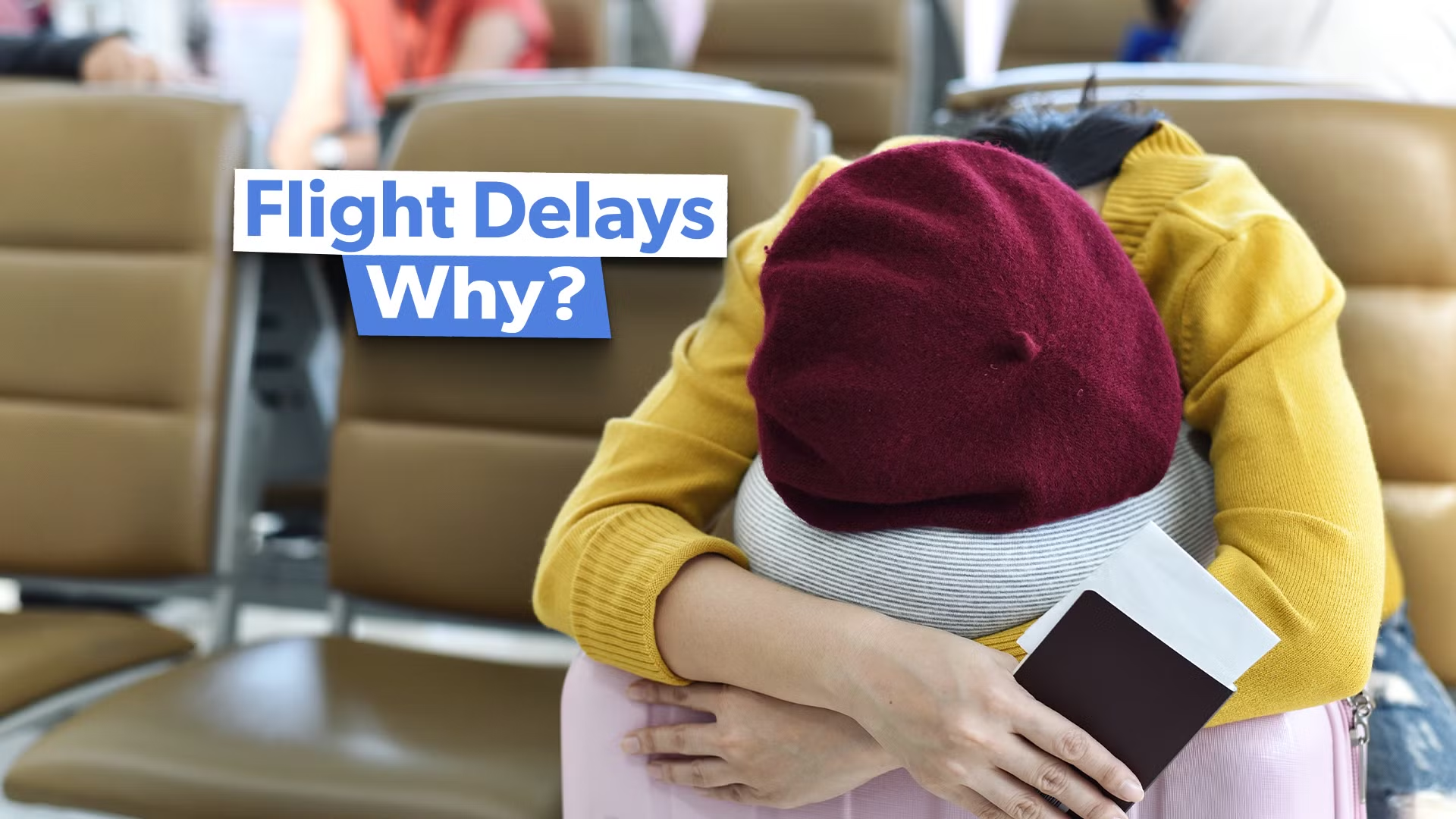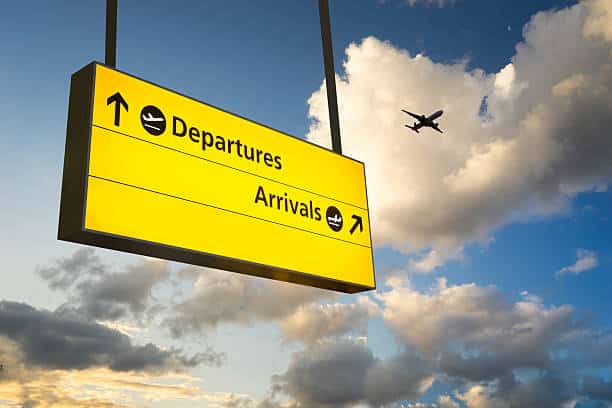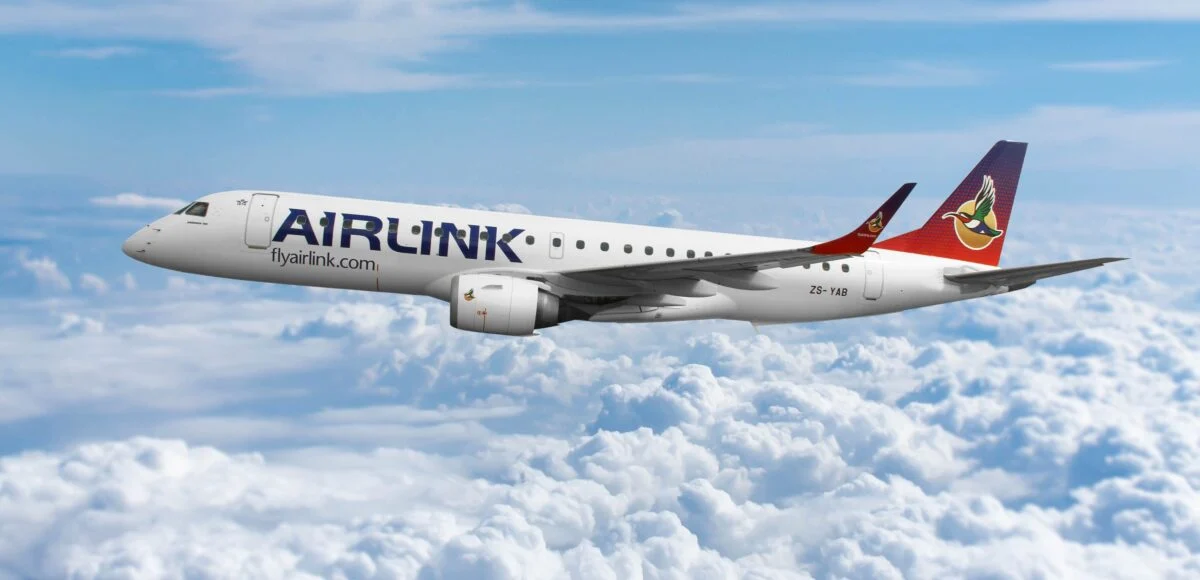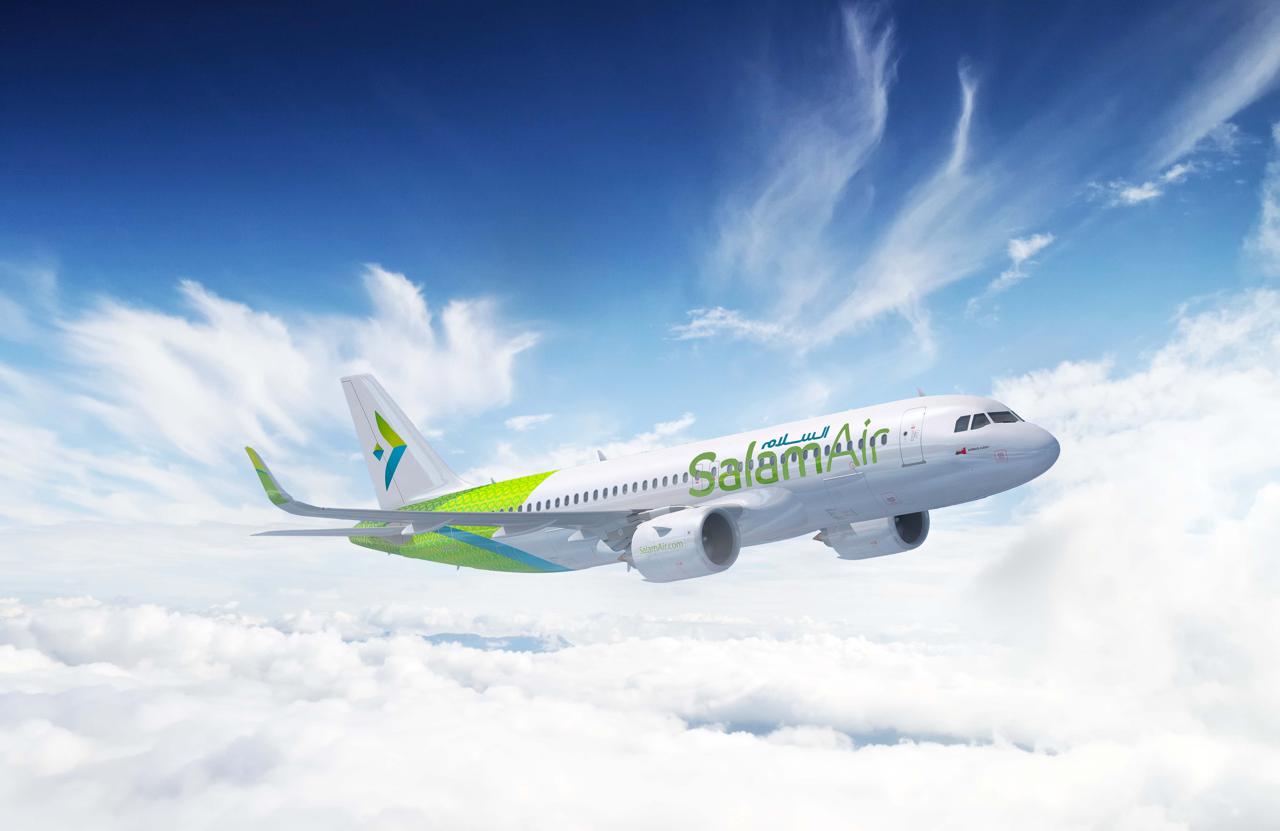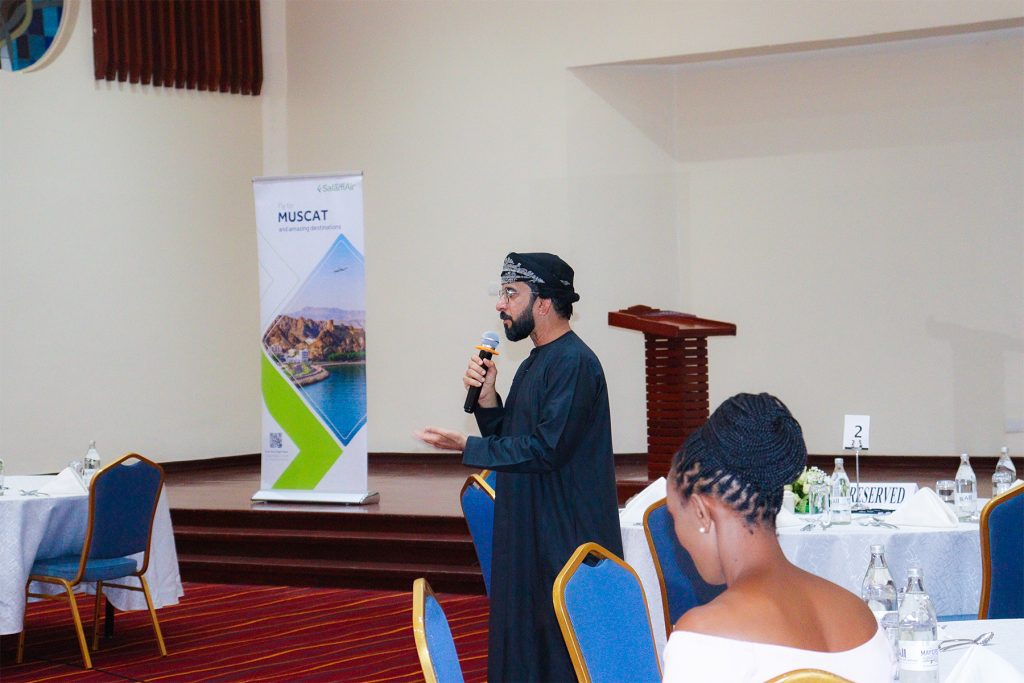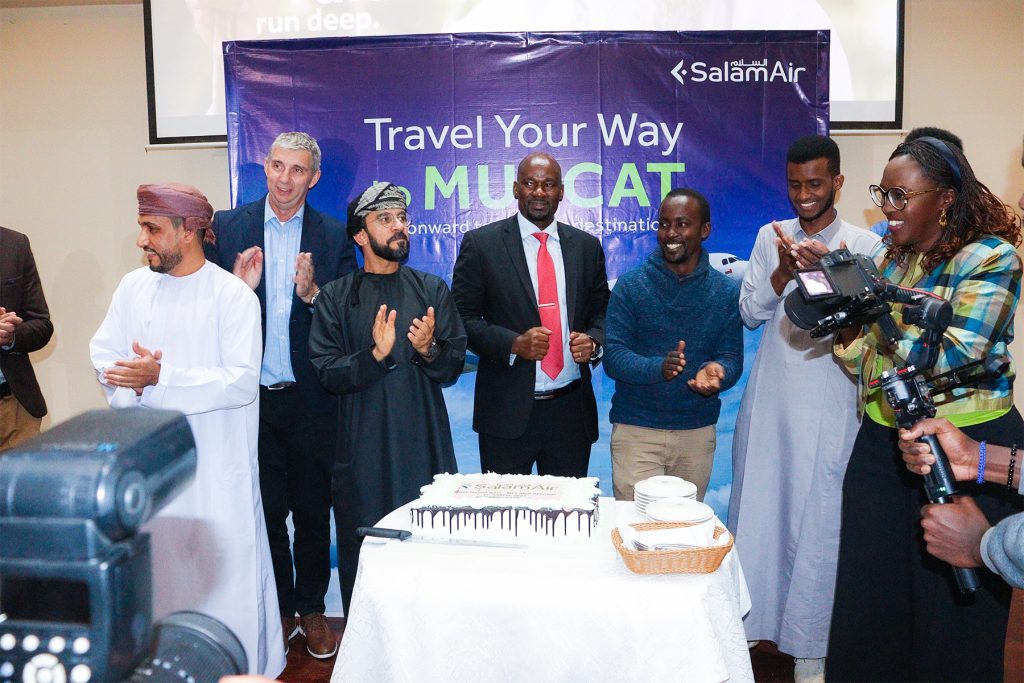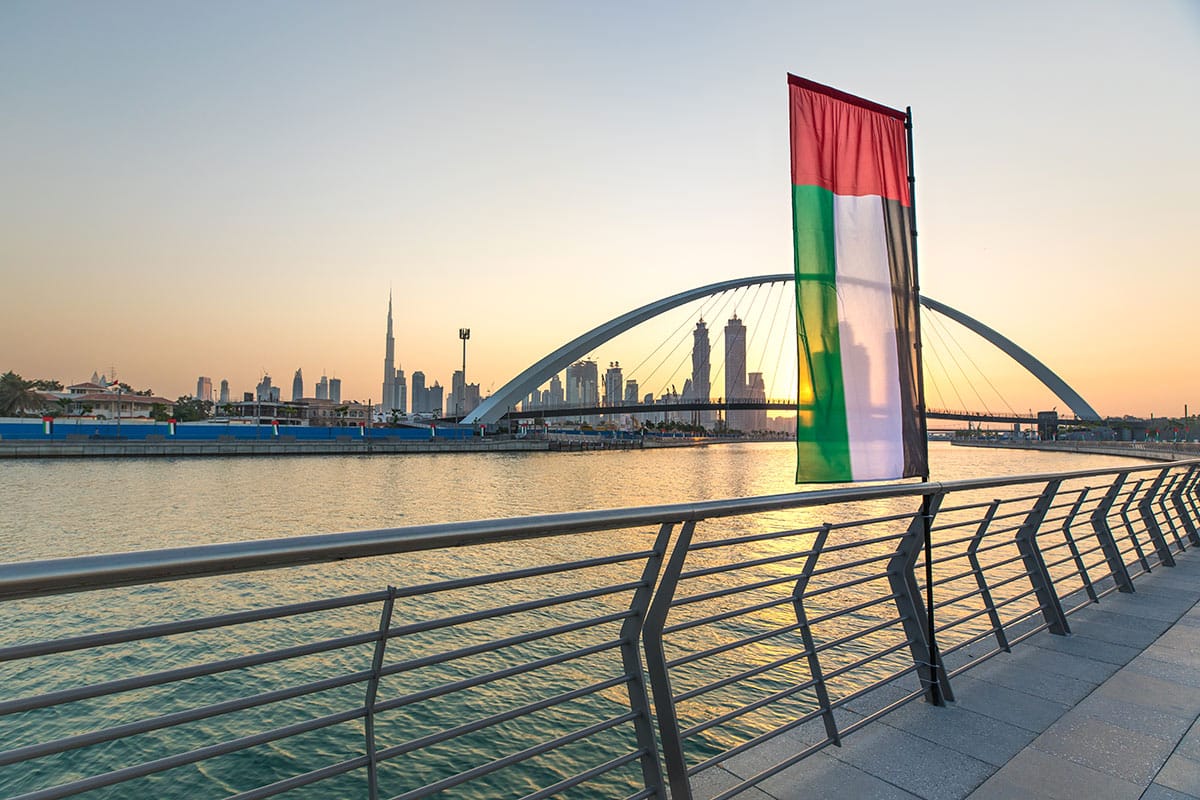Dubai, a popular winter sun and relocation destination in the Middle East, is a firm favourite among UK holidaymakers.Enticed by its scorching temperatures, desert adventures and high-rise skyline, a record 92.3 million passengers passed through terminals at Dubai International Airport in 2024.While holidays usually pass by without a hitch, there are strict regulations in the UAE and its emirates – both well and lesser-known – that travellers should get familiar with before they book a trip.
Radha Stirling, CEO of London-based legal group Detained in Dubai, stressed the importance of being familiar with the local laws of your travel destination.“Common behaviour doesn’t mean lawful behaviour. It may be common to drink alcohol in Dubai, but it’s also unlawful to possess alcohol in your bloodstream or be drunk. A mere allegation is sufficient to warrant an arrest and people can weaponise the system to have you prosecuted if they so wish,” said Stirling.
She added: “Almost all tourists will be in violation of local laws before they even get on a plane. A number of first-time visitors have been arrested for social media posts or electronic private communications that they made perfectly legally from their own countries.”Holidaymakers risk fines, deportation, arrests and prison sentences if they fail to respect the rules.The Foreign Office (FCDO) warns: “The UAE is a Muslim country. Respect local traditions, customs, laws and religions. Make sure your actions do not cause offence, especially during the holy month of Ramadan or if you visit religious areas. There may be serious penalties for doing something that might not be illegal in the UK but is in the UAE.”
Here are the local laws that tourists need to know about to stay out of trouble while visiting Dubai and the UAE.
Dubai laws and rules
Carrying prescription drugs
Don’t be tempted to bring medication into Dubai without first checking if it is considered a “controlled” substance.The FCDO says: “There are strict rules about what medications you can bring into the UAE. You will need approval from the UAE authorities to bring in medication that the UAE classes as narcotic, psychotropic, controlled or semi-controlled.“If you arrive in the UAE without evidence of prior approval, the medication will not be allowed into the UAE, and you may be prosecuted.”You can usually bring up to three months’ supply of medication as a visitor, or one month if the medication requires approval.
Swearing and rude gestures
Swearing or making rude gestures, online or in person, is illegal in the UAE. Travellers can be jailed or deported for such “obscene acts”.
Drinking or possessing alcohol
One of the most important rules to remember for tourists: drinking or being under the influence of alcohol in public is illegal anywhere in the UAE, even if you are over 21. Specifically in the city of Sharjah, north of Dubai, where drinking or possessing alcohol is illegal.Residents of Dubai are legally required to have a liquor licence to buy alcohol to drink at home or private parties. Tourists can get a temporary liquor licence which is valid for one month – these are not required in Dubai to purchase and consume alcohol in licensed venues like hotel bars, restaurants, and pubs.
Hotel regulations
Travellers under 18 take note – you cannot stay in a hotel alone if you’re under 18 years old and not accompanied by an adult.
Pedestrian crossings
As known as “jaywalking” in the US, holidaymakers should note it is illegal to cross roads in Dubai without using the marked pedestrian and zebra crossings.
Ramadan rules
During the holy month of Ramadan, travellers should take extra care to be respectful. Exact dates vary by year and country but the FCDO reminds visitors to be wary of eating, drinking, smoking, swearing, playing loud music or chewing gum in public.
LGBT+ travellers
LGBT+ travellers should be aware that same-sex sexual activity is illegal in the UAE before they travel.According to the FCDO: “The UAE is in many respects a tolerant society and private life is respected. However, there have been reports of individuals being punished for same-sex sexual activity, particularly where there is any public element, or where the behaviour has caused offence. This applies both to foreign national residents and tourists.”
Posting critically of the UAE online
Posting critical or culturally insensitive material is considered illegal in the country – specifically videos and photos reflecting negatively on the UAE government, companies and its nationals.
Showing affection in public
Honeymooners beware: kissing, holding hands and showing affection in public is frowned upon and arrests may be made.
Sexual relationships outside marriage
It is illegal for adults over 18 to have a sexual relationship with a person aged 17 or under. British teen Marcus Fakana, 18, was recently jailed for having consensual sex with a 17-year-old while on holiday in Dubai.Even those partaking in consensual extra-marital relationships risk a six-month prison sentence if either person’s spouse or guardian files a criminal complaint.Unmarried parents may also not be covered by medical insurance and could struggle to obtain a UAE birth certificate unless they get married or provide a joint declaration, certified by a notary public, to acknowledge the child.
Financial crime
Tourists who commit financial crimes in the UAE, including fraud and failure to pay hotel bills, are unlikely to be granted bail while they await prison sentencing. Personal bank accounts and assets can also be frozen.
Packing poppy seeds
Before you pack your favourite bakery products – poppy seeds are strictly banned from entering Dubai.
Drug-related offences
The UAE has a zero-tolerance policy for drug offences, including trafficking, carrying and using illegal substances. Penalties can include a three-month prison term, fines up to 100,000 UAE dirham (£21,840) and, in drug trafficking cases, the death penalty. Some CBD, skincare and e-cigarette products are illegal in the UAE due to their ingredients. These will be confiscated and you could face criminal charges.
Fundraising and charity
Before you travel to the UAE, check any charity acts you have planned, including online fundraising, are permitted at your destination.
Using cameras and binoculars
In Dubai, you can be arrested for photographing a person without their consent. It is also illegal to take pictures of some government and military buildings with hobbies that require binoculars likely to “be misunderstood”, say the FCDO.
Media activity
Members of the press must apply for permission to carry out media activity in print or video or risk imprisonment or a fine.
Clothing
Consider packing a modest outfit – for women, this includes covering the shoulders and knees – to avoid causing offence in public areas. Swimwear outside of beaches or at swimming pools and cross-dressing are also illegal.
Checking someone else’s phone
The UAE has strict laws against invading someone’s privacy, including potential jail time for being nosey and checking another person’s phone.
Eating or drinking on public transport
Think again before you pack a picnic for public transport – to help keep the transport system clean, eating and drinking onboard is banned and you could be fined 100 UAE dirham (£21).
Driving etiquette
It’s wise to control your road rage while driving in Dubai – offensive gestures towards other vehicles can lead to fines, a jail sentence, and possibly deportation.The FCDO warns: “Police in the UAE have the power to impound your car for traffic violations that may be considered minor in the UK. They will charge a fee of 50,000 UAE dirham plus a traffic violation fine to release your car.”


